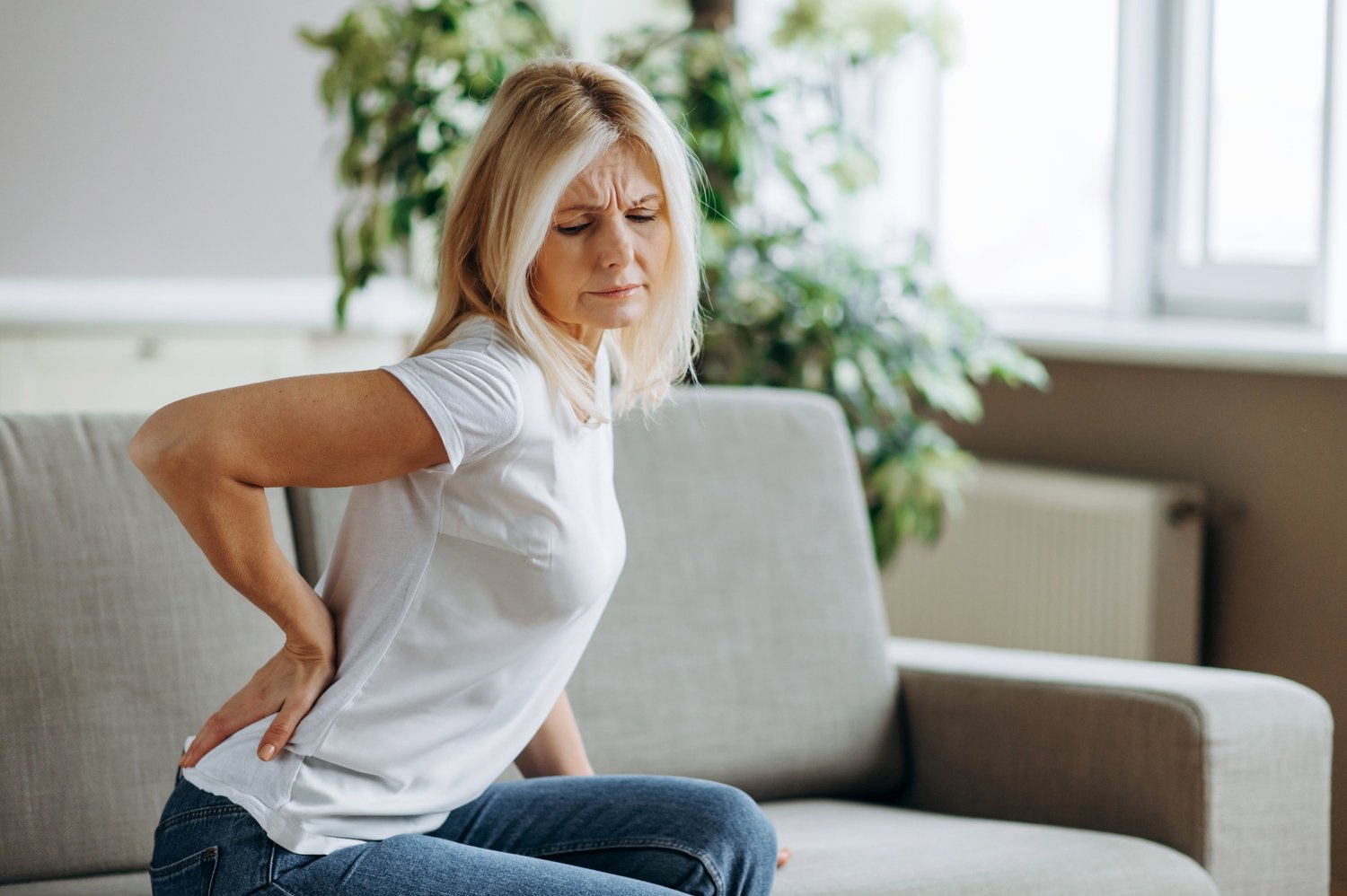Osteoporosis is a disorder of the bone that makes it more likely to break. Osteoporosis prevention should start when women are young and continue throughout their lifetime.
Of course, calcium and vitamin D is better if it comes from your diet, but if this is not possible, then a supplement would be recommended.
How Vitamin D Helps
Vitamin D helps calcium be absorbed. While routine screening of vitamin D is not recommended, women with certain medical conditions that prevent vitamin D from being absorbed or women who take medications that affect vitamin D levels should be occasionally tested. Too much or too little vitamin D has risks, so the institute of medicine recommends no more than 4000 IU/day of vitamin D. If you are tested, and you are deficient, the following is the typical recommendation for supplementation. Keep in mind, that there are several ways to supplement vitamin D and there are no specific studies that say one way is better than the other. Typically, your vitamin D level would be rechecked in 3 months to make sure you are getting enough supplementation.
In general, we start looking for osteoporosis later in life when women are at a higher risk of fracture (breaking a bone). DEXA or bone density scans are recommended at age 65 or earlier if women are postmenopausal and have risk factors for osteoporosis. Risk factors include: smoking, drinking more than 3 alcoholic beverages a day, chronic steroid use (topical steroids are not a risk factor), body weight less than 127 lbs, rheumatoid arthritis, a parent with a hip fracture, or a medical condition/medication that causes bone loss.
Bone Density Scans
If you had a bone density scan, your results will usually be sent to you in the mail. If you are having a routine DEXA (bone density scan), the important number is the T score. If your T score is -2.5 or less, then you have osteoporosis and we will work with you to find a good treatment regimen for you, or refer you to an osteoporosis specialist. A T score of between -1 and -2.5, then you have low bone mass. Low bone mass does not necessarily need treatment beyond calcium and vitamin D supplementation, unless your FRAX score is elevated. We will calculate this and let you know if you need treatment.
Contact MetroPartners OBGYN
If you have any questions about osteoporosis and vitamin D deficiency, it’s best to consult your provider. Give MetroPartners OBGYN a call and schedule an appointment.

